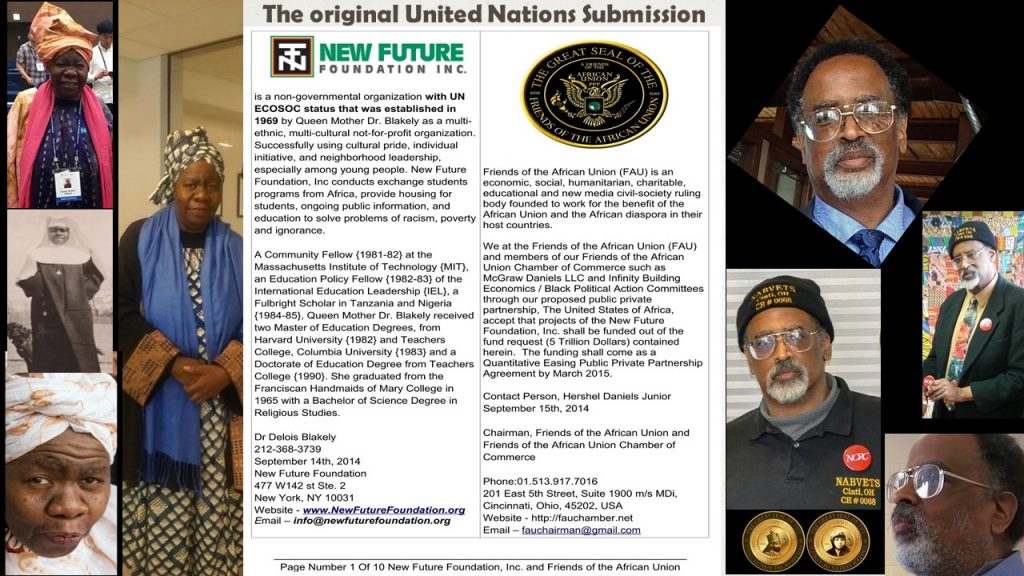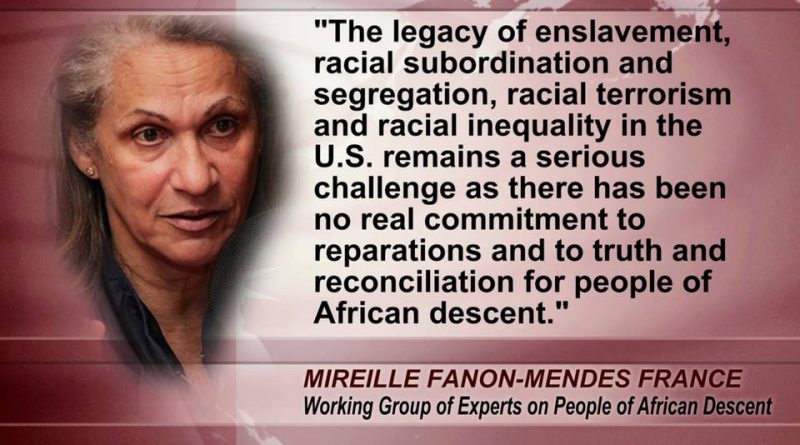
#Reperations
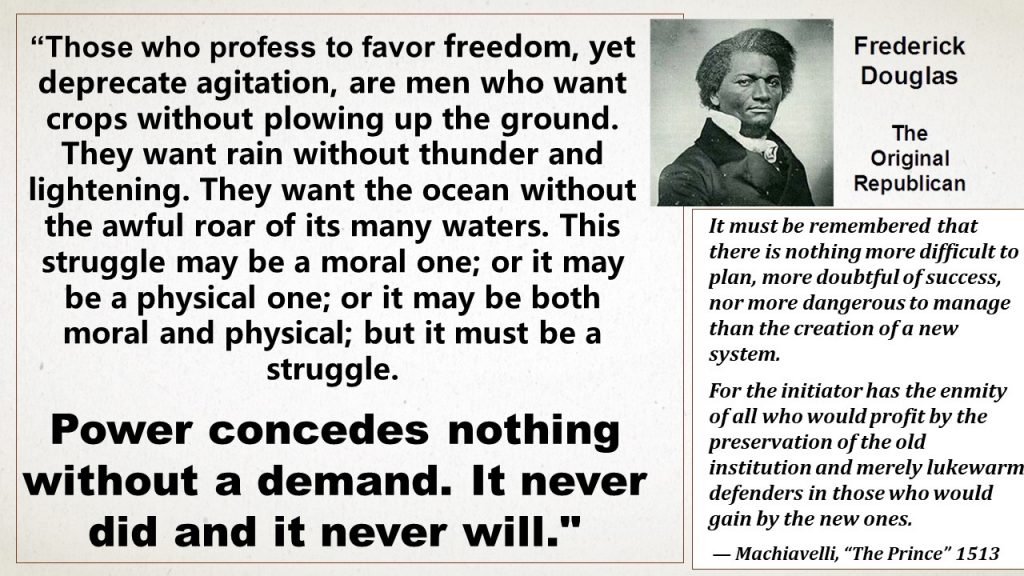
What we asked in the 2020 UNUPR proposal
FAU_UPR36_USA_E_Main| $6,000,000,000,000 | Black Folks Plan, a 75-year (2021-2075) domestic plan for black folk |
| $1,000,000,000,000 | Trust Fund – for decedents of America’s slavery |
| $2,000,000,000,000 | Housing – 7M homes |
| $400,000,000,000 | Workforce |
| $300,000,000,000 | Reentry |
| $400,000,000,000 | Education |
| $260,000,000,000 | Business |
| $600,000,000,000 | Health Care |
| $220,500,000,000 | Transportation |
| $338,000,000,000 | Environmental |
| $254,000,000,000 | Infrastructure |
| $227,500,000,000 | Global Trade |
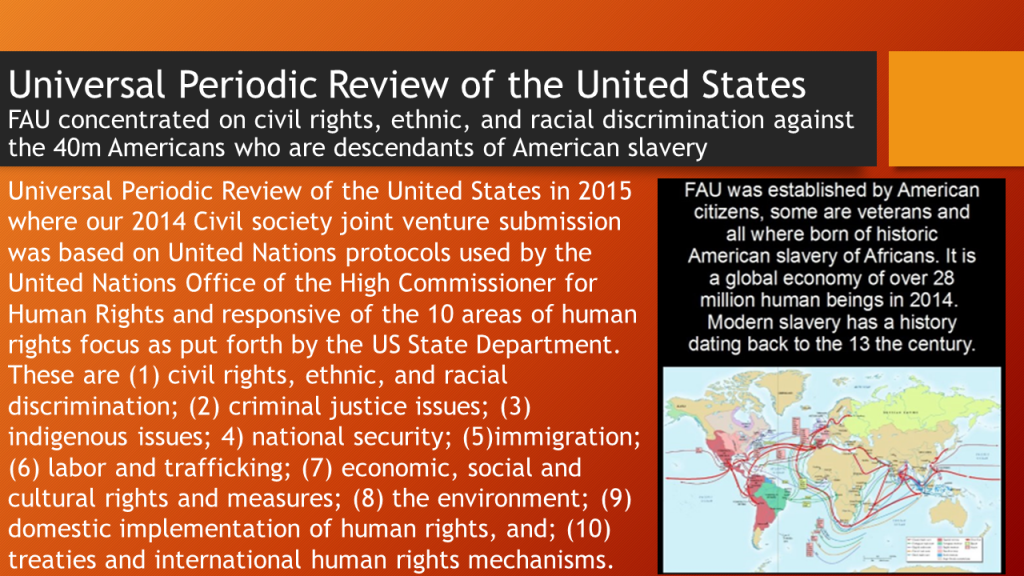
In the case of 2015 #Reperations proposal, we asked, in 2014, for $5T USD for Black Folks and $1T USD for Indigenous People using the UN’s 2015 Universal Periodic Review of the USA. The government said, then, in 2016, – no.
Background: Accounting for inflation, if we use the $20,000 that the Japanese received for 3 years in Concentration camps (1942 to 1945), then we would be asking for funding at $$901,838.17 per person (1789 to 1865). If applies to the 4.4M Africans in 1865, we did not use the end of the civil war August 1866, rather the end of major combat operations with the surrender of the Army of Northern VA, then the amount is $3,968,087,948,098.35 or about $4T, but if it is to be paid on the descendants of those Africans, who numbered over 36M in 2016, then the amount is $32,466,174,120,804.70 ($32.5T).
Note: We had asked for $5T with over a Trillion going back to the US Government for purchasing the US Postal Service $455B (to support a million black businesses that would have been financed on this model with a new distribution system to challenge established market makers), paying for over 10M acres of land and other agreements that supported the reeducation of our people including buying their college debt.
%MCEPASTEBIN%
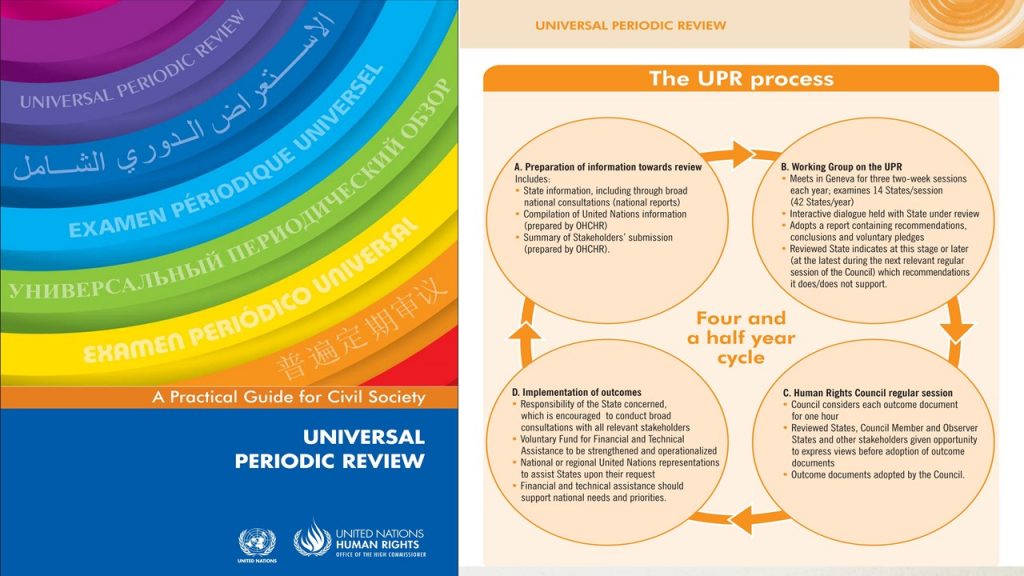
The Orginial US Federal Government Public-Private Partnership Proposal
A US Federal Government Public Private Partnership (P3) that by executive action by the President of a $5T USD Quantitative Easing based debt purchasing program (The Daniels IDIQ) as a solution for the fundamental injustice, cruelty, brutality, and inhumanity of African slavery in the United States of America between 1787 and 1865 and its progenitors the 13 American colonies between 1619 and 1787 its effects subsequently de jure and de facto of racial and economic discrimination on the descendant Americans of America’s African slavery and address the damage incurred by past and current federal government racism against freed African Slaves in the United States from 1865 to 1867 and African Americans from 1867 to 2014 that will be a stimulus to the American Economy that
(1) is judicious;
(2) answers under the control of our Federal Executive Branch the statements set forth in the interagency response set forth by the US State Department to the United Nations Universal Periodic Review of the United States of America in 2015 that said Civil Rights, Ethnic, and Racial Discrimination is the number one human rights problem in the United States of America;
(3) draws on already established Executive authority and market infrastructure;
(4) helps the other Americans through indirect associations by creation of supportive ancillary jobs and entrepreneurial opportunities thereby supporting the advancement of the American people as a whole; and
(5) is just adequate enough to implement real changes that reverse long-standing conditions caused by systemic de jure and de facto racial and economic discrimination, as documented in depth elsewhere and provides a means from 2016 to 2116 to address these issues with a 100 year capital trust to do so.
African Public Private Partnerships
African Public-Private Partnerships – We are not only looking to create with African Nations Public-Private Partnerships but with the African Union we look to create a 100 yer American Driven $3T P3 whose main goals is buying all of Africa’s Slaves out of Slavery and restart their lives while implementing the United Nations Sustainable Development Goals for the people of Africa as we erase the digital divide for them.
